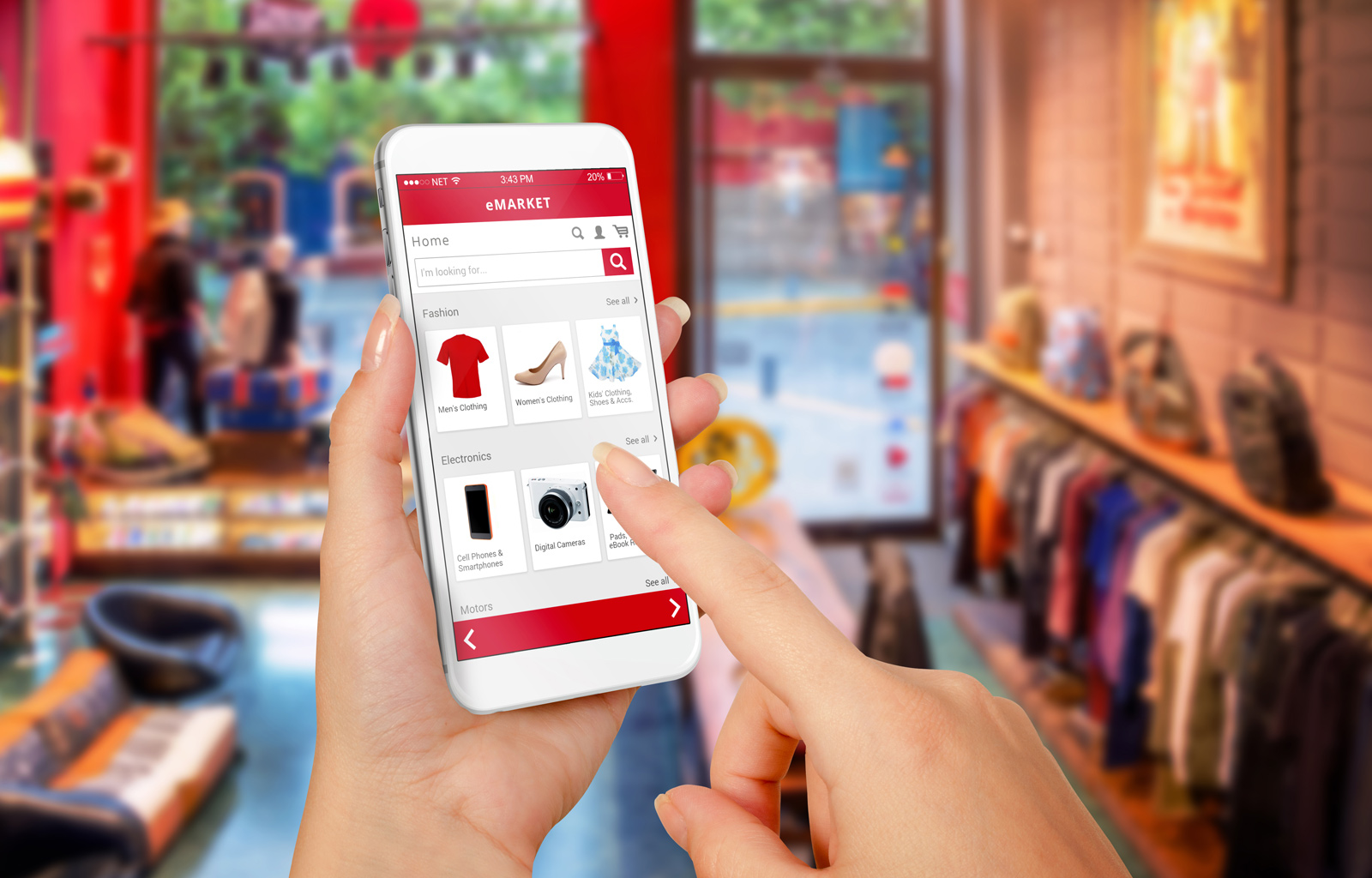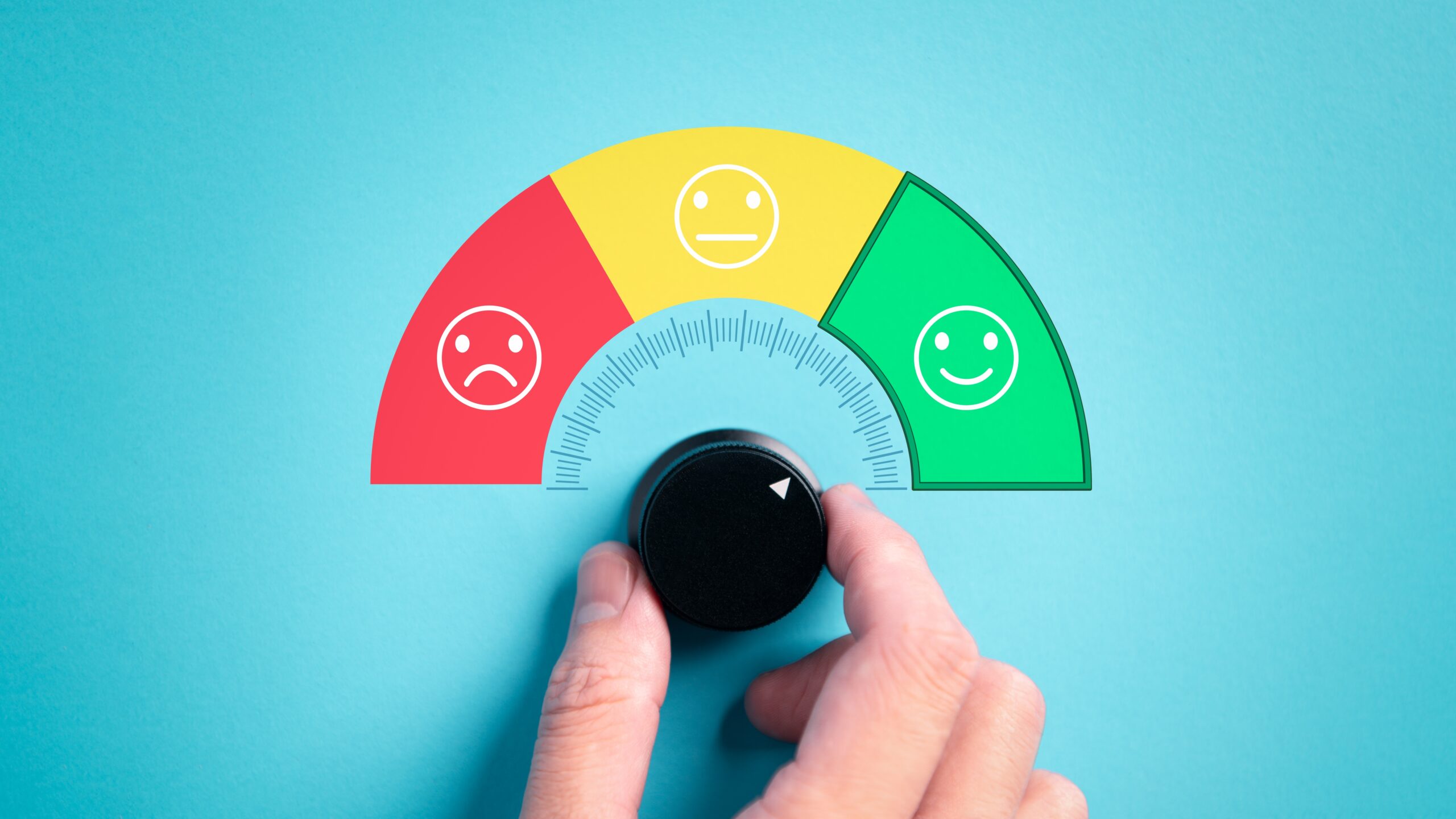Mobile Shopping Innovation Could Set New Standards
September 21, 2023

In 2022, e-commerce sales globally broke $5.7 trillion, a figure which is expected to grow to nearly $6.3 trillion in 2023. Within this rapidly expanding market, shopping by mobile device – a trend known as “m-commerce” – is set to become the standard shopping method. E-commerce giants, such as Amazon and Walmart, are spearheading m-commerce innovation: capitalizing on shopping trends, creating convenient and customizable experiences, and solidifying their online dominance.
M-commerce was responsible for $415 billion of e-commerce sales last year. There are nearly 7 billion smart phones in circulation, and the average person spends over three hours a day on their mobile devices. 60 percent of shoppers use mobile devices to complete purchases regularly; Gen Zers and Millennials are likely to shop online at least once per day. The potential of m-commerce is clear for any online seller, especially given new developments in artificial intelligence (A.I.) and augmented reality.
The rise of A.I. looks destined to revolutionize online shopping. “Voice shopping” allows users to issue voice commands to popular A.I. assistants, like Amazon’s Alexa, to search for products online and make purchases. A.I. assistants allow busy shoppers to login securely, search for products, and complete checkout while hardly looking at their device.
Mobile payment integration, like Apple Pay, Google Pay, and PayPal, further creates a seamless mobile shopping experience, which data suggests leads to fewer abandoned carts at checkout. Voice shopping is expected to grow tenfold, from $2 billion in sales in 2018 to $20 billion by the end of 2023. 71% of online shoppers in the U.S. already prefer voice searches, and 60% make daily or weekly purchases through voice assistants.
M-commerce convenience is set for further improvements through breakthroughs in augmented reality, which can address a long-standing issue for many e-commerce sellers: product returns. An estimated 18 percent of all online purchases are returned, a figure that rises to nearly 30 percent in the apparel industry. Augmented reality creates a semi-virtual reality viewed through a screen, allowing users to “try on” clothes, makeup, or even see how furniture would look in a home before purchasing. The concept is already being employed by Walmart. In 2022, Walmart launched “Zeekit” allowing users to try on clothes virtually before buying.
Convenience is key to e-commerce, which makes the prospect of integrating quick, seamless, and satisfying shopping experiences into mobile devices a potential bar-setting standard. Unsurprisingly, the traditional giants of e-commerce – Amazon and Walmart – are at the forefront of these developments, spearheading voice shopping and augmented reality capabilities. Couple m-commerce innovations with 1-2 day benchmark delivery services, and these e-commerce leaders could consolidate the market even further.
Handheld digital technology revolutionized how many live life, including how people shop. Digital innovations, like A.I. voice assistants, integrated payment methods, and augmented reality, will likely continue to develop and result in more people turning to mobile devices for their shopping needs. Tracking digital developments is critical for e-commerce businesses looking to take advantage of shopper trends and behaviors.
How ZQUARED Can Help
ZQUARED is committed to keeping our Brand Partners up to date on market trends and shifts, ensuring their content, processes, and systems are optimized for peak performance across e-commerce channels.
We specialize in Search Engine Optimization, which plays a pivotal role in ranking and visibility across the web. As consumer behavior moves towards mobile shopping, utilizing expert research and implementation techniques for your listings across platforms will be key in continued success.
To learn more about how ZQUARED can help your brand, email us at partners@zquared.com.
View More Insights
Ready to scale your business?
Talk with one of our ecommerce experts.



